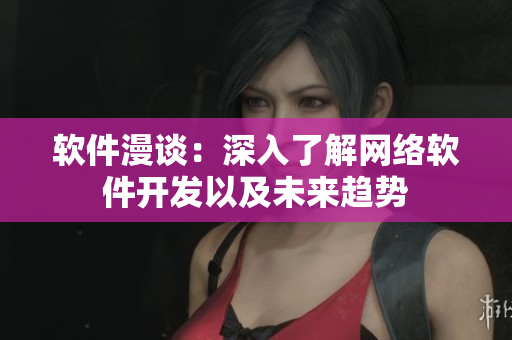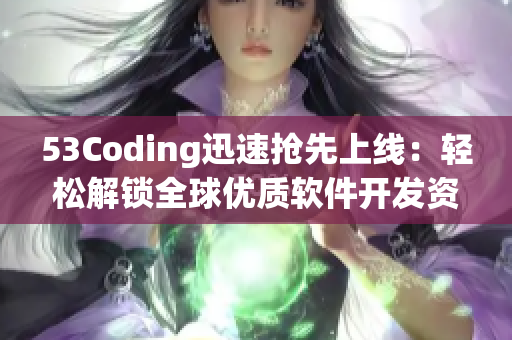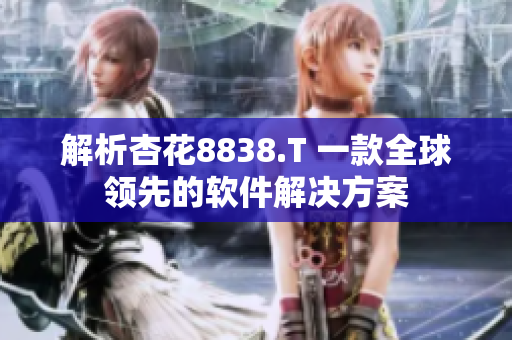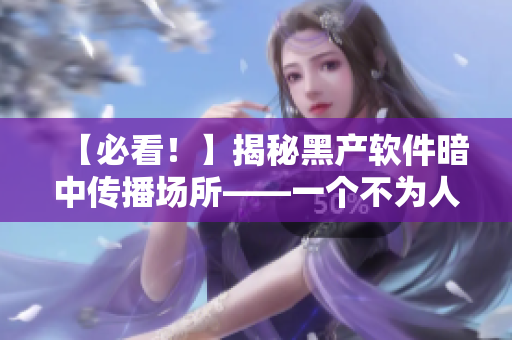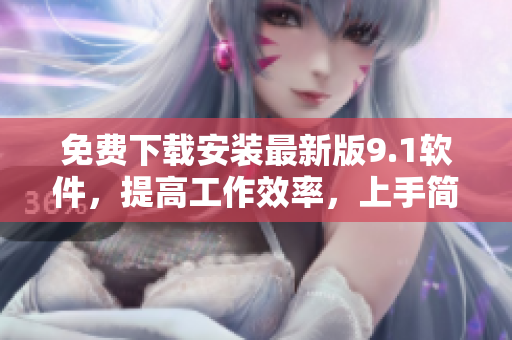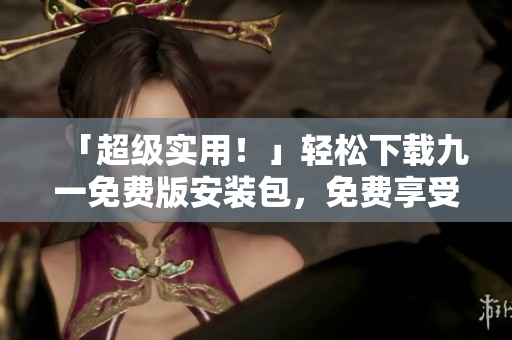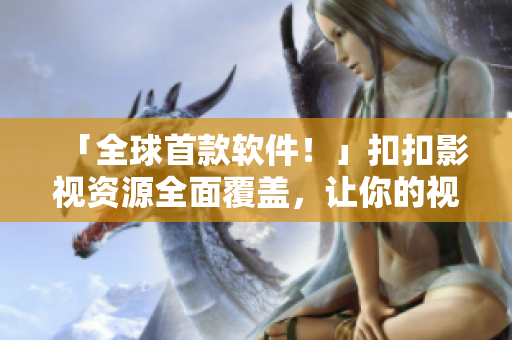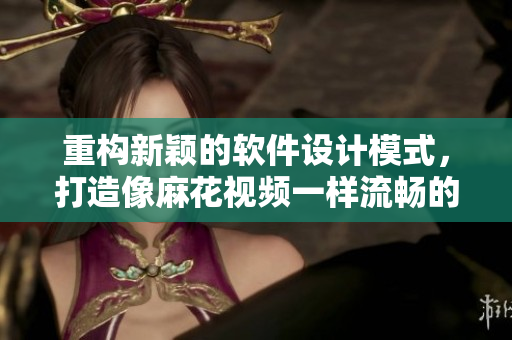Introduction
As a fan of anime and manga, I have always been drawn to the world of Japanese animation and comics. Recently, I came across the anime and manga series called "少女的秘密" (Shoujo no Himitsu), which translates to "The Secret of the Girl." This series explores the secrets and struggles of teenage girls as they navigate their way through adolescence.
However, as I delved deeper into the series, I realized that it contained some mature themes and content. This led me to ponder over the importance of being able to understand and use appropriate vocabulary when discussing such media. Hence, I turned to "歪歪的漫画书雅思词汇" (Wāiwāi de mànhuà shū Yǎsī cíhuì), a manga book that helps learners of Chinese improve their vocabulary for the International English Language Testing System (IELTS).
In this article, I will share my thoughts on "少女的秘密," "歪歪的漫画书雅思词汇," as well as other related topics, such as "湿漫画" (shī mànhuà), "沈阳45岁老阿姨叫的没谁了" (Shěnyáng 45 suì lǎo āyí jiào de méi shéi le), and "深度开发梁医生不可以" (Shēndù kāifā liáng yīshēng bù kěyǐ).
The World of "少女的秘密"
"少女的秘密" is a manga and anime series that centers around the lives of three teenage girls. The story follows them as they deal with various challenges, such as first love, school pressure, and family issues. What sets this series apart is its honest portrayal of the struggles that many young girls face.
As I watched and read through the series, I couldn't help but notice some of the mature themes and content that it contained. For instance, some scenes depicted the girls exploring their sexuality or engaging in risqué behavior. While these themes are not uncommon in Japanese media, they can be controversial and perhaps even inappropriate for some viewers.
This led me to wonder about the significance of understanding and using appropriate vocabulary when discussing such media. While I personally don't see anything inherently wrong with exploring mature themes in media, it's important to be aware of the potential consequences and ensure that our language and behavior are appropriate for the occasion.
Improving Vocabulary with "歪歪的漫画书雅思词汇"
In my quest to learn more about appropriate vocabulary, I came across "歪歪的漫画书雅思词汇." This manga book features various IELTS vocabulary words and exercises, presented in a fun and engaging way.
What I appreciated most about this book was the way it made learning vocabulary feel less like a chore and more like a game. The manga illustrations were cute and entertaining, and the exercises were challenging but not overwhelming. Additionally, the book included helpful explanations and examples for each vocabulary word, making it easy to understand and retain.
Overall, I would highly recommend "歪歪的漫画书雅思词汇" to anyone looking to improve their English vocabulary, whether or not they are fans of manga. It's a fun and effective way to boost your language skills!
The Controversy of "湿漫画"
As I researched more about the world of manga and anime, I came across the term "湿漫画" (shī mànhuà), which translates to "wet manga." This term refers to manga or anime that contains explicit sexual content.
The topic of "湿漫画" can be quite polarizing, with some arguing that it's harmless entertainment and others contending that it's inappropriate or even harmful. While I won't weigh in on the debate, I do think it's important to be aware of what we're consuming and to make informed decisions about the media we choose to engage with.
Uncovering "沈阳45岁老阿姨叫的没谁了"
While researching Japanese media, I came across a curious phenomenon: the phrase "沈阳45岁老阿姨叫的没谁了" (Shěnyáng 45 suì lǎo āyí jiào de méi shéi le), which literally means "nobody screams louder than a 45-year-old aunt from Shenyang."
From what I could gather, this phrase became popular on Chinese social media as a way to describe someone who is extremely enthusiastic or vocal about something. It's certainly an interesting piece of internet culture that highlights the power of language and humor in the digital age.
The World of "深度开发梁医生不可以"
Finally, I wanted to touch on the topic of "深度开发梁医生不可以" (Shēndù kāifā liáng yīshēng bù kěyǐ), which roughly translates to "Deep development: Dr. Liang is not allowed." This term refers to a popular meme on Chinese social media, which features a screenshot of a chat conversation between two people discussing a hypothetical game development project.
While this meme may seem unrelated to the other topics I've discussed so far, I think it's worth mentioning because it showcases the importance of internet culture and the power of language in shaping popular trends and ideas. It's fascinating how a seemingly random phrase can catch on and become a viral sensation, indicating just how interconnected our digital world has become.
Conclusion
In conclusion, the world of Japanese media is vast and complex, featuring a wide range of themes and content that can be both entertaining and controversial. It's important to be aware of the potential implications of the media we consume and to use appropriate language and behavior when discussing mature themes. Additionally, learning vocabulary through fun and engaging methods, such as manga, can be a great way to improve your language skills. Finally, trends and memes in internet culture can have a significant impact on our social and linguistic landscape, showing just how interconnected our world has become.

